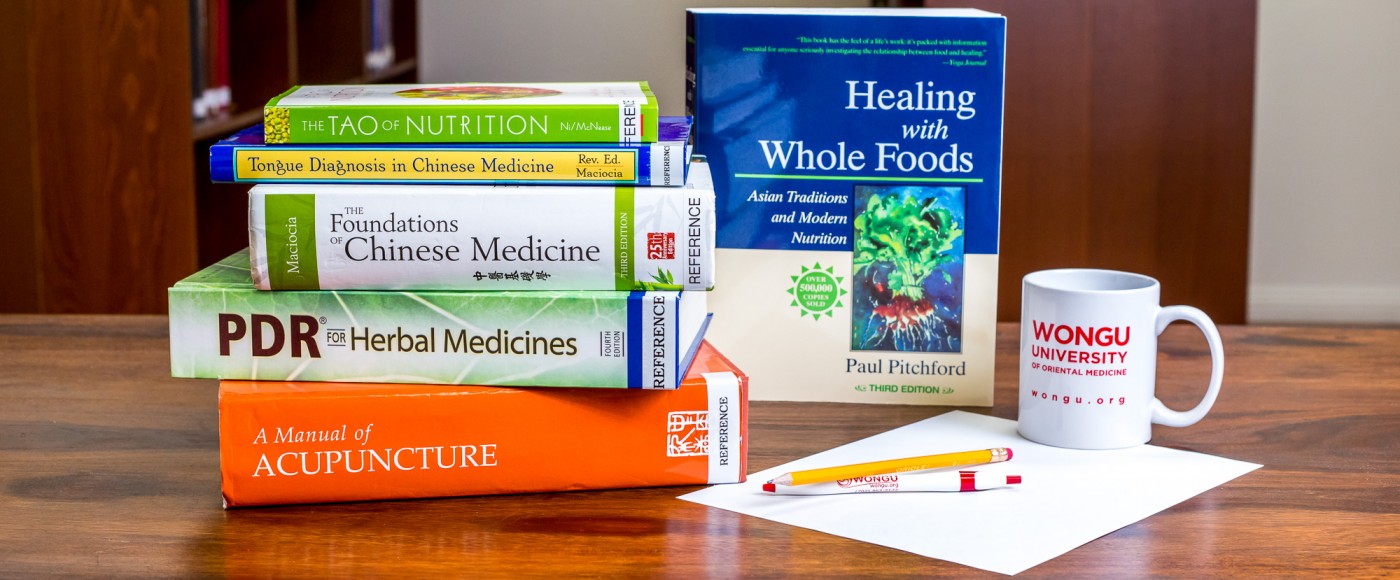MSOM Program
Oriental medicine is one of the oldest systems of medicine in history and has been used for thousands of years to prevent, diagnose, and treat disease. It is based on the belief that qi (the body’s vital energy) flows along meridians (channels) in the body and keeps a person’s spiritual, emotional, mental, and physical health in balance. Oriental medicine aims to restore the body’s balance and harmony between the natural opposing forces of yin and yang, which can block qi and cause disease. Oriental medicine includes acupuncture, diet, herbal therapy, meditation, physical exercise, and massage. It is believed that to regain balance, you must achieve the balance between the internal body organs and the external elements of earth, fire, water, wood, and metal.
Master’s Degree in Oriental Medicine (MSOM).
The MSOM program consists of 2,500 didactic hours of didactic training and 1,000 clinical hours for a total of 3,500 hours. The entire program may be completed within four years. Upon completion, students satisfy the Nevada State Board of Oriental Medicine’s curriculum and clinical hours requirements to seek licensure as an Oriental Medicine Doctor in the State of Nevada.
The didactic program is an intensive and broad study of the history, tradition, philosophy, and practice of the following critical areas of Oriental medicine.
Program Educational Objectives
Graduates of the Wongu University’s Master of Science in Oriental Medicine program will be able to:
- Demonstrate a thorough knowledge of traditional Oriental medicine theory and practices in the areas of acupuncture, Oriental herbal medicine, Korean traditional medicine, qi cultivation, and Oriental bodywork.
- Demonstrate knowledge of biomedical clinical sciences, including diagnosis, physical examination, laboratory tests, and procedures.
- Collect the necessary information using traditional Oriental medicine diagnostic methods to formulate a proper Oriental medical diagnosis.
- Create treatment strategies based on the diagnosis and administer treatment plans with appropriate modalities and techniques.
- Plan and execute an effective herbal treatment and understand professional issues related to appropriate herbal management, herb-drug interactions, and consultation.
- Effectively guide patients in a healthy lifestyle, including nutrition and exercise.
- Assess the effectiveness and modify treatments according to changes in the patient’s presentation.
- Recognize signs and symptoms necessitating referrals to appropriate complementary healthcare providers in the biomedical community.
- Understand and comply with professional, legal, and ethical standards and practices as established by the profession.
- Understand best practices in successful clinic management.
- Participate in community services and incorporate healthy lifestyles and behaviors in their personal lives.
